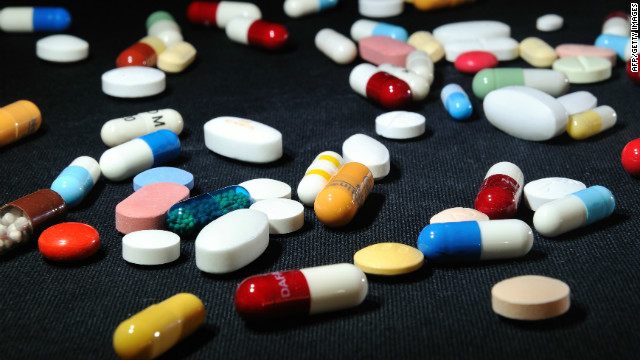
The debate concerning human addictions of all colors and forms rages on. Some would have us believe that addiction is a simple choice shaped by our free will; others would argue that addiction is a chronic disease. Yet, perhaps there may be another more nuanced explanation.
[div class=attrib]From the New York Times:[end-div]
Of all the philosophical discussions that surface in contemporary life, the question of free will — mainly, the debate over whether or not we have it — is certainly one of the most persistent.
That might seem odd, as the average person rarely seems to pause to reflect on whether their choices on, say, where they live, whom they marry, or what they eat for dinner, are their own or the inevitable outcome of a deterministic universe. Still, as James Atlas pointed out last month, the spate of “can’t help yourself” books would indicate that people are in fact deeply concerned with how much of their lives they can control. Perhaps that’s because, upon further reflection, we find that our understanding of free will lurks beneath many essential aspects of our existence.
One particularly interesting variation on this question appears in scientific, academic and therapeutic discussions about addiction. Many times, the question is framed as follows: “Is addiction a disease or a choice?”
The argument runs along these lines: If addiction is a disease, then in some ways it is out of our control and forecloses choices. A disease is a medical condition that develops outside of our control; it is, then, not a matter of choice. In the absence of choice, the addicted person is essentially relieved of responsibility. The addict has been overpowered by her addiction.
The counterargument describes addictive behavior as a choice. People whose use of drugs and alcohol leads to obvious problems but who continue to use them anyway are making choices to do so. Since those choices lead to addiction, blame and responsibility clearly rest on the addict’s shoulders. It then becomes more a matter of free will.
Recent scientific studies on the biochemical responses of the brain are currently tipping the scales toward the more deterministic view — of addiction as a disease. The structure of the brain’s reward system combined with certain biochemical responses and certain environments, they appear to show, cause people to become addicted.
In such studies, and in reports of them to news media, the term “the hijacked brain” often appears, along with other language that emphasizes the addict’s lack of choice in the matter. Sometimes the pleasure-reward system has been “commandeered.” Other times it “goes rogue.” These expressions are often accompanied by the conclusion that there are “addicted brains.”
The word “hijacked” is especially evocative; people often have a visceral reaction to it. I imagine that this is precisely why this term is becoming more commonly used in connection with addiction. But it is important to be aware of the effects of such language on our understanding.
When most people think of a hijacking, they picture a person, sometimes wearing a mask and always wielding some sort of weapon, who takes control of a car, plane or train. The hijacker may not himself drive or pilot the vehicle, but the violence involved leaves no doubt who is in charge. Someone can hijack a vehicle for a variety of reasons, but mostly it boils down to needing to escape or wanting to use the vehicle itself as a weapon in a greater plan. Hijacking is a means to an end; it is always and only oriented to the goals of the hijacker. Innocent victims are ripped from their normal lives by the violent intrusion of the hijacker.
In the “hijacked” view of addiction, the brain is the innocent victim of certain substances — alcohol, cocaine, nicotine or heroin, for example — as well as certain behaviors like eating, gambling or sexual activity. The drugs or the neurochemicals produced by the behaviors overpower and redirect the brain’s normal responses, and thus take control of (hijack) it. For addicted people, that martini or cigarette is the weapon-wielding hijacker who is going to compel certain behaviors.
To do this, drugs like alcohol and cocaine and behaviors like gambling light up the brain’s pleasure circuitry, often bringing a burst of euphoria. Other studies indicate that people who are addicted have lower dopamine and serotonin levels in their brains, which means that it takes more of a particular substance or behavior for them to experience pleasure or to reach a certain threshold of pleasure. People tend to want to maximize pleasure; we tend to do things that bring more of it. We also tend to chase it when it subsides, trying hard to recreate the same level of pleasure we have experienced in the past. It is not uncommon to hear addicts talking about wanting to experience the euphoria of a first high. Often they never reach it, but keep trying. All of this lends credence to the description of the brain as hijacked.
[div class=attrib]Read the entire article after the jump.[end-div]
[div class=attrib]Image courtesy of CNN.[end-div]
